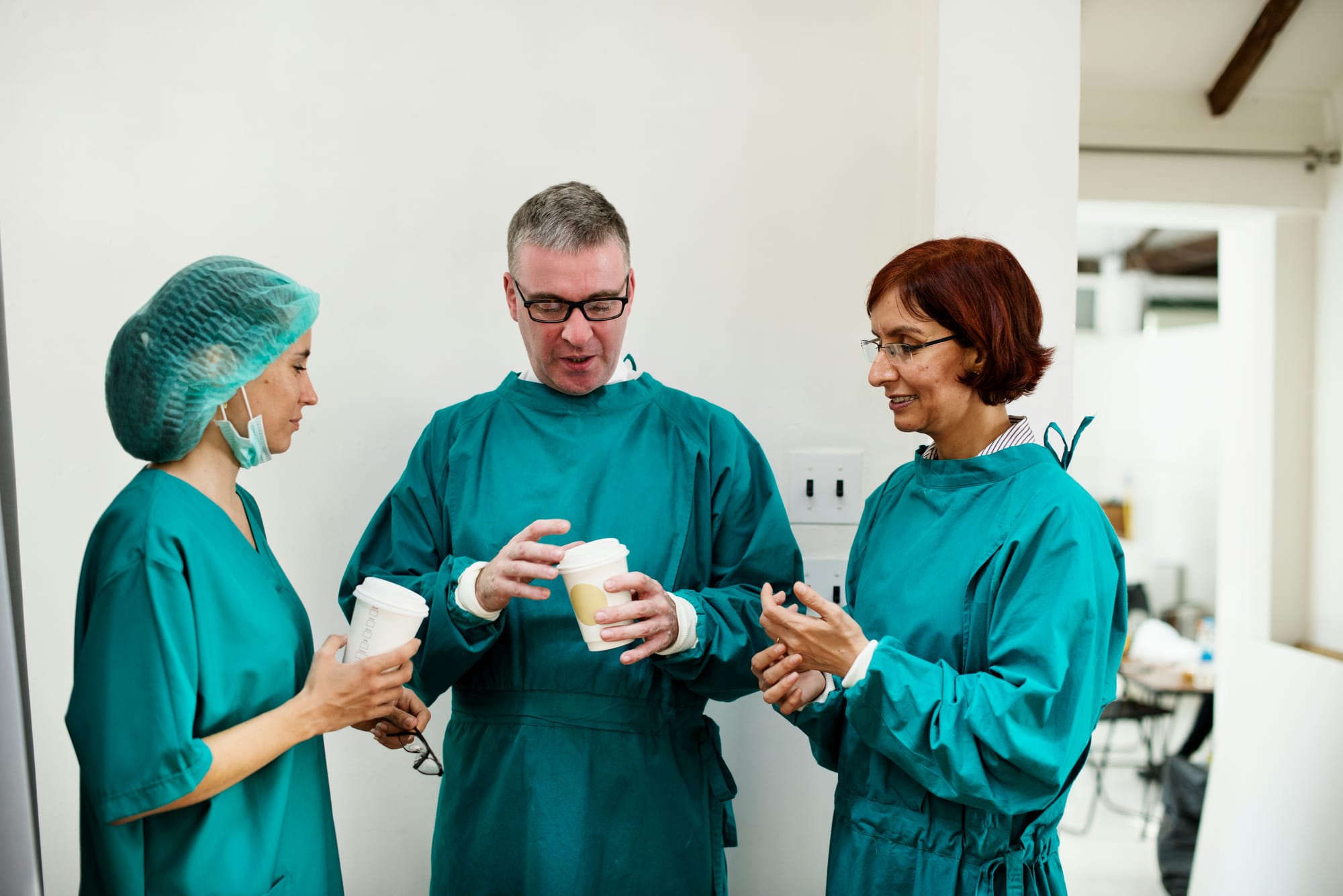What's more exciting than the power to analyse and deconstruct the designs of things in a way that creates new insights for those must drive change. Such power comes with the ability to identify structural problems that are not so obvious, thus opening up lines of inquiry and defining new pathways for progress. I'm teaching a course I have developed to help you acquire such power through a new method that grew out of work in industry and government.
The four-week course is organised around three skills:
- Analysing the designs of things and deconstructing them into factors and frames.
- Finding the smallest possible changes that lead to the greatest overall improvements.
- Writing arguments that align interests in support of proposed changes.
What sort of 'things' will we take apart? All sorts of things that are part of services such as airport screening, satellite imaging, waste collection, medical testing, bus stops, charging stations, cash withdrawals, car rentals, parking tickets, police arrests. We will go through almost a hundred examples in this course.
Course outline
1) Plus and Minus: Affinity and attraction between things.
2) Potentials and Actuals: Thresholds, possibilities, and projections.
3) Performance and Affordance: Two ways of making things 'happen'.
4) Windows of Opportunity: The big question of 'when and where'.
5) Hierarchy of Concerns: Applying weights and allocating costs.
6) Stereotyping: Characterisation with 20 patterns of acceptable risk.
7) Sequencing: Structural analysis and decomposition.
8) Double materiality: The sustainability challenge
The course is taught in an informal style, using a training database called Plotto. At the start, Plotto is nothing but a beautiful catalogue of photographs with captions. But with new each lesson, we add a layer of information to the records, in the form of labels, tags, and statements. Around halfway, the records become building blocks for constructing narratives around cases such as airline tickets, medical testing, and waste collection. By the end of the course, the records look like they are used to train AI.
Registrations for the course are open on Eventbrite, with early bird tickets expiring next week. Take a look to see if this course isn't something you've been wanting for yourself or your team.









